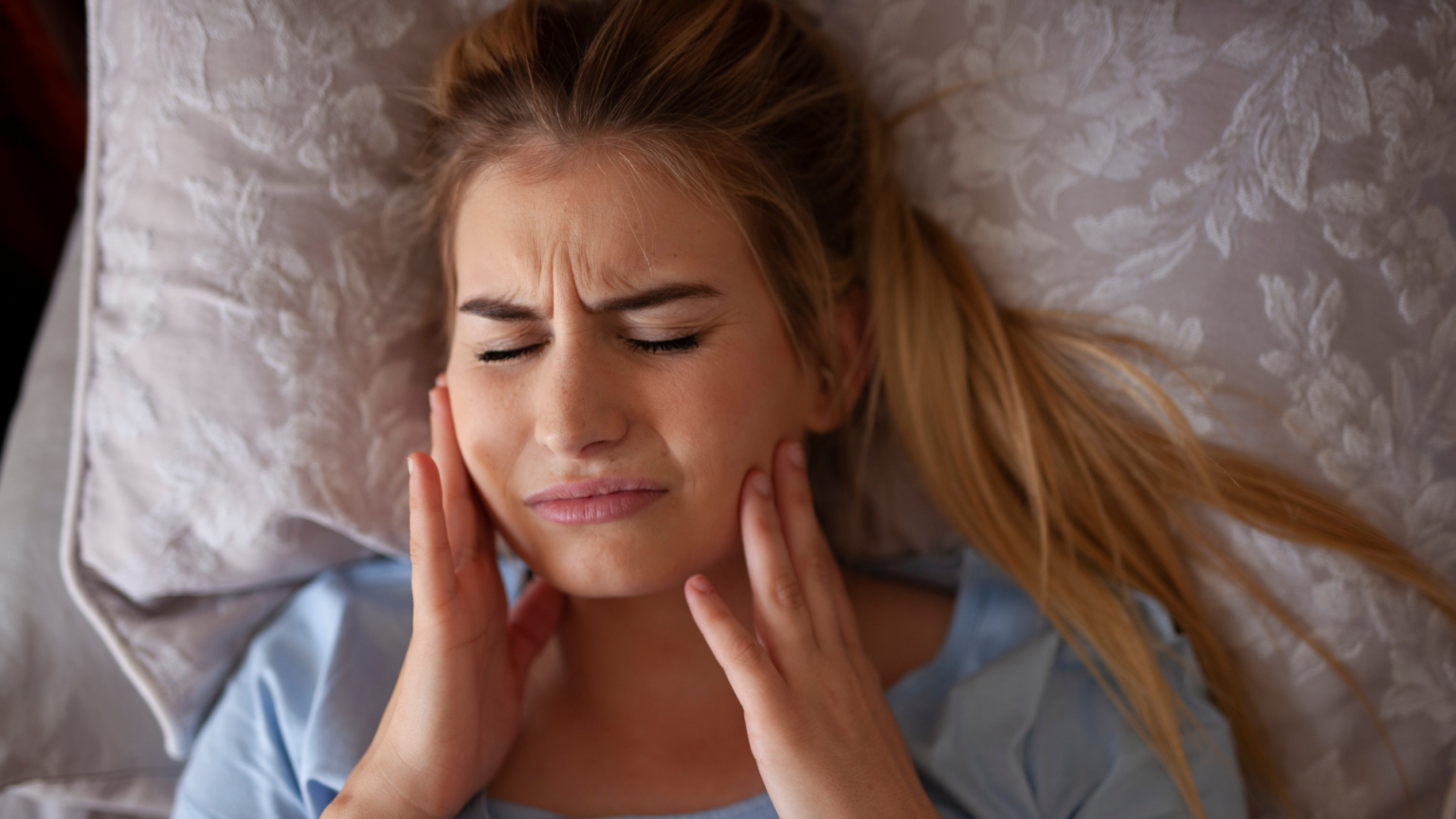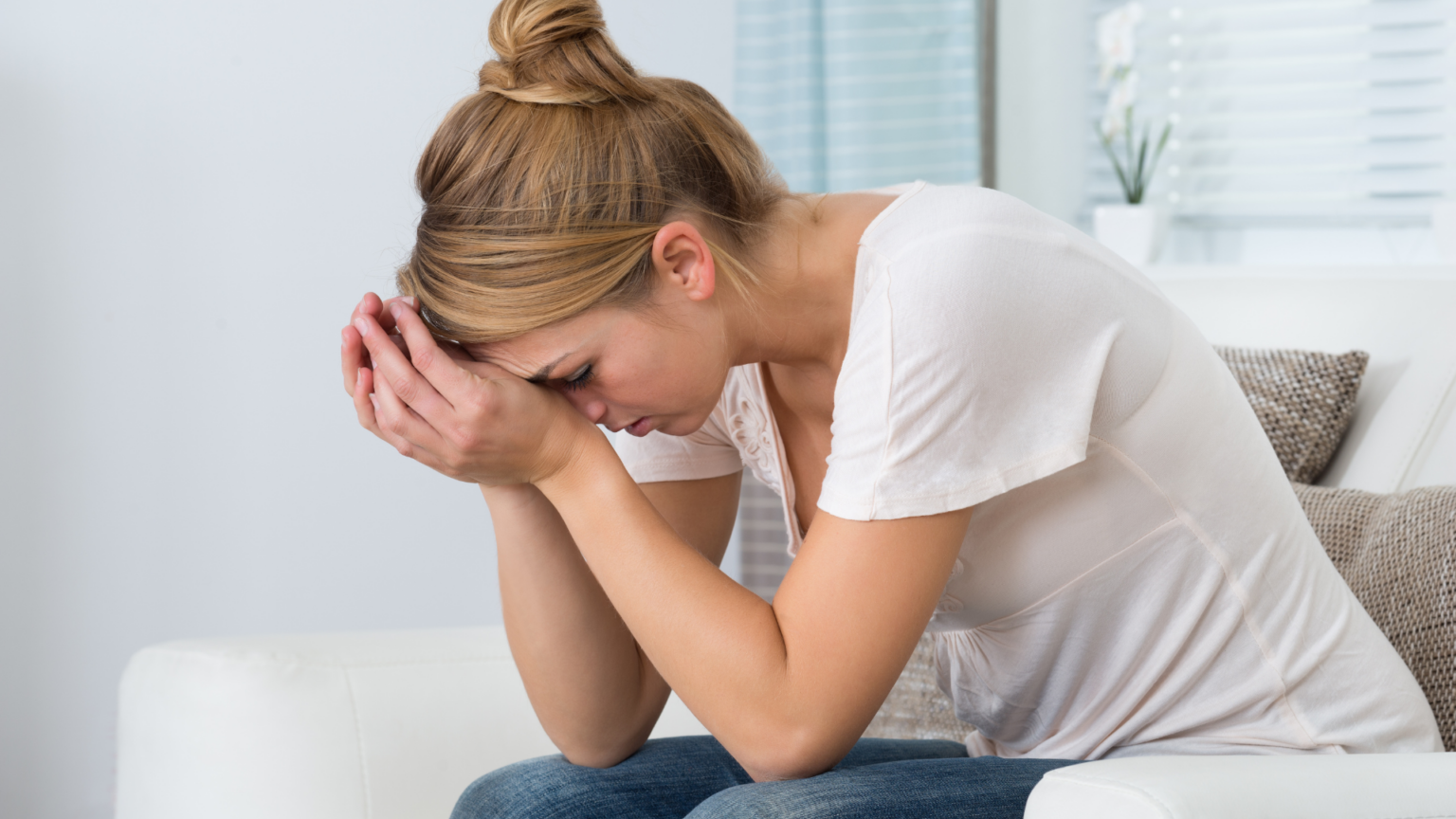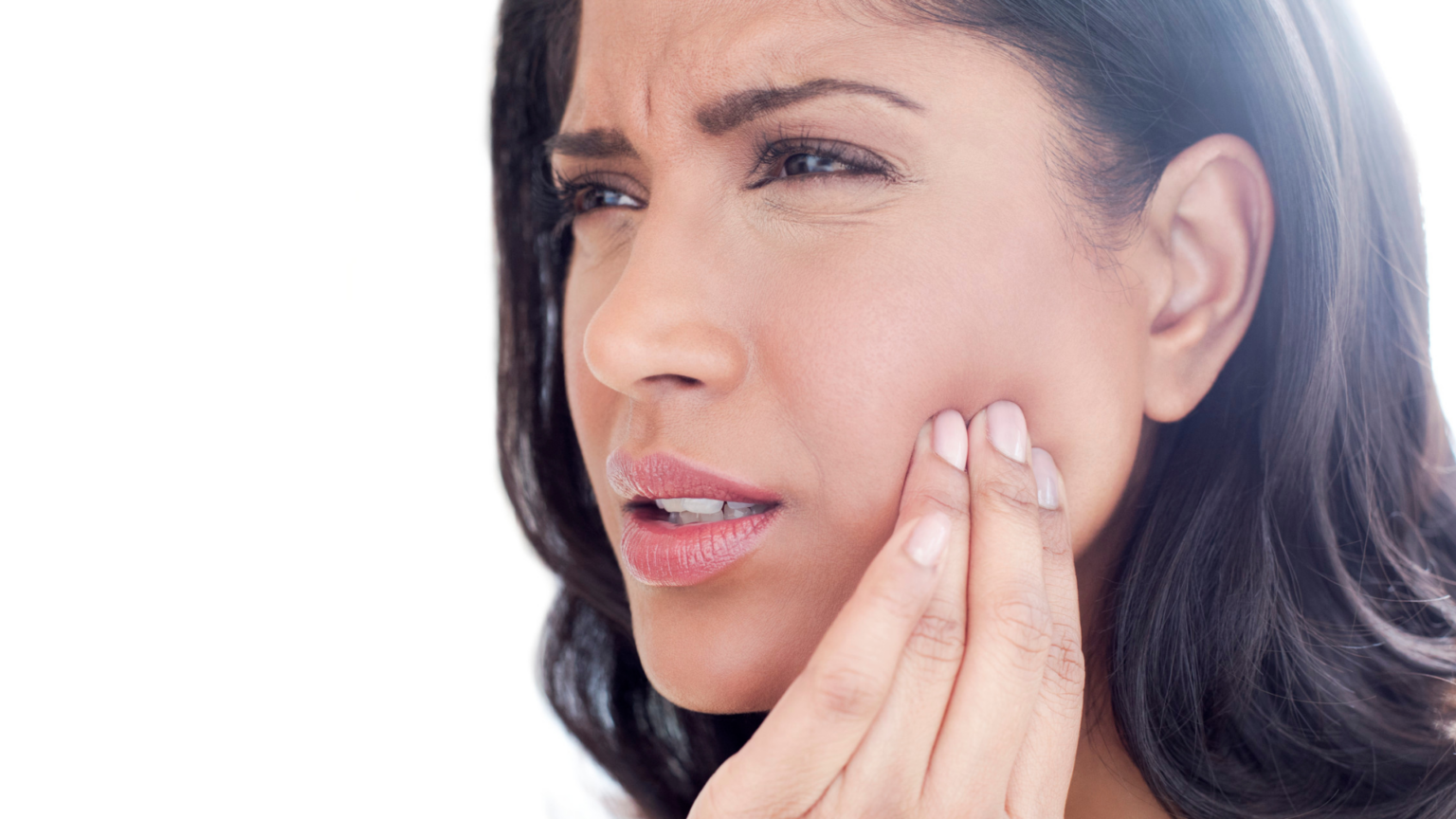The medical name for teeth grinding is bruxism, and when it happens at night while you’re sleeping, it’s called nocturnal bruxism. The dentists at Santa Monica Bay Dental in Santa Monica, California, sometimes discover the signs of chronic nocturnal bruxism during routine dental exams. When that happens, we help the patient understand how to protect their oral health.
Signs of bruxism
You may be wondering how your dentist can tell that you grind your teeth in your sleep, especially when it may be news to you. Your teeth may be worn down or even chipped or broken. Sometimes your dentist can see evidence of bruxism in your enamel.
Often, people who grind their teeth have headaches or an achy jaw, but sometimes, they don’t make the connection.
Causes of bruxism
Scientists don’t fully understand the causes of bruxism. It’s sometimes related to stress or anxiety, but as many as 15-33% of children grind their teeth, too. An improper bite or a sleep disorder may also contribute to bruxism.
What you can do to stop grinding your teeth
Even though you may grind your teeth in your sleep, you can do some things to prevent it happening. First and most important, if you suspect you may be grinding your teeth, schedule an appointment with us. Your dentist can fit you with a custom-designed mouth guard to help, and if the problem is with your bite, we can suggest effective treatments.
If stress is likely part of the issue, you should begin working to reduce your stress levels. You might consider talking to your doctor or seeking therapy. Exercise, especially outside, may be helpful. Reducing the number of obligations you’re committed to, and scheduling time for relaxation or hobbies may also be helpful.
Avoiding caffeine and alcohol may help. If you’re a habitual chewer, like on pencils or even chewing gum, try to stop. Consciously relax your jaw several times a day, and you may want to try holding a warm cloth against your jaw in the evenings before bed to help relax those muscles.
Sleep apnea
If you have sleep apnea, your dentist and your doctor may be able to work together to provide effective treatment. There are two types of sleep apnea. One is caused by a physical obstruction, such as the tissue at the back of your throat collapsing and blocking your airway while you sleep; the other is a nervous system malfunction.
Obstructive sleep apnea is by far more common and can sometimes be treated with a dental appliance. The right treatment depends on multiple factors, but treatment is important for your overall good health. Sleep apnea can contribute to bruxism and prevents you from getting good sleep, which is crucial to maintaining good health.
If you have headaches, your jaw hurts, or you have other reasons to think you may be grinding your teeth in your sleep, schedule an appointment at Santa Monica Bay Dental online or by sending us a message.


